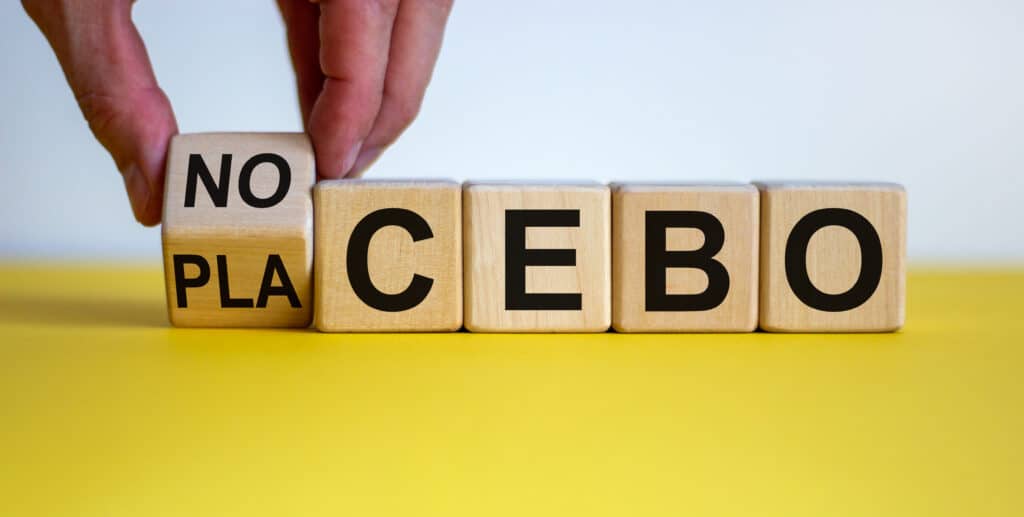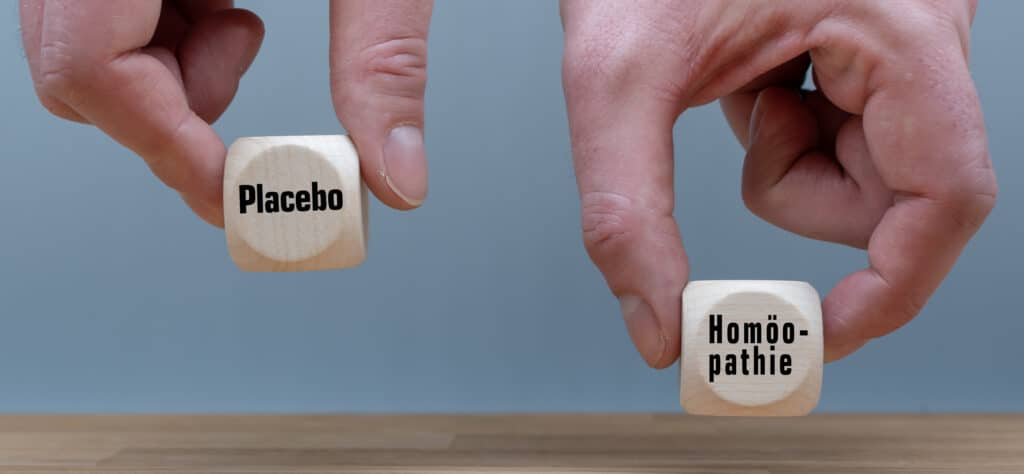
The placebo effect can greatly affect how a person responds to a supplement or medication. Microdosing mind-altering drugs has been done for a long time, but not many studies have been done on the effects. Last year, an experimental study of microdosing was conducted and led to heated discussions about the placebo effect. In this blog, we try to find out how much influence the placebo effect now has when you are microdosing.
There are many supplements on the market that you can use to support your health. Microdosing with psilocybin has been growing in popularity in recent years, as it too is a natural drug that can have positive effects on the body and mind. It involves taking a minuscule amount of a psychedelic drug, such as magic mushrooms or truffles. This could potentially help with symptoms such as depression, PTSD, lack of energy, difficulty concentrating and the like.
The point is that people who have health issues often first look around the Internet for information about a supplement. If you have already read a lot of positive stories about a drug, such as microdosing, this can create powerful, positive expectations. As a result, a placebo effect may occur with microdosing. Your attitude can affect the effect of the drug.
In April this year, Vince Polito (senior research fellow at the School of Psychological Sciences at Macquarie University in Sidney, Australia) published an analysis of 44 studies. The goal was to find out what was now the influence of the placebo effect on microdosing. The surveys had been conducted between 1950 and 2021. Some studies were interviews with microdosers, there were questionnaires filled out by people who were microdosing, observational studies (which tracked the experiences of microdosers in a normal setting) and laboratory studies. This investigated the effects of microdoses in a controlled environment.
Polito, along with his colleague Paul Liknaitzky, studied the various studies. They found out that the quality varied quite a bit. The studies in which people self-reported the effects of microdosing found a wider range of benefits than the controlled studies conducted in a laboratory. However, they also found some effects that were consistently reported in both laboratory and self-report studies. The most obvious effects were a change in perception, an increase in pain tolerance and mild changes in consciousness.
What was striking was that some effects also emerged in the self-reports that were not found in the laboratory studies. These were improvements in mental health, changes in personality and well-being, decreases in substance abuse and an increased sense of belonging. Improvements were also observed in attention, for example, information absorption and mind wandering. These are all examples that should be included in later studies.
There are also some factors mentioned in self-report research that were included in laboratory studies but not confirmed there. Among these are improved mood, an increase in energy and changes in cognition. Perhaps microdosing does not affect this. But what is notable in research on microdosing is that many of these studies focus on studying the effects of a single dose or only a small amount of doses. And that while many microdosers who fill out self-questionnaires have been microdosing for months and thus looking back over a longer period of time. For this reason, it is difficult to draw a conclusion about these factors.

Since Polito and Liknaitzky’s research was completed, 7 new studies had already been done. Most of these were professionally designed and took place in a controlled setting. For the most part, these found no potent effects of microdosing. In fact, it turned out that in several studies, when participants had to guess what they had been given (placebo or microdose), their opinion had more influence on the results, than the substance itself. Because of this, some researchers believe that the effects microdosing is mainly caused by the placebo effect.
It could be that this is indeed the case. The expectations of microdosers can greatly affect the effects of the drug. But from all the stories you can read about microdosing with magic mushrooms, truffles or other mind-altering substances, it seems that it has helped people tremendously in achieving their goals. Goals they had been trying in vain to achieve for years and now, thanks to microdoses of psilocybin or LSD, they have finally achieved. Think about quitting smoking, stopping thinking negatively about yourself or losing weight. Microdosing is sometimes the last hope people have after all other methods have failed. So many microdosers are also tremendously motivated.
In any case, it is far too early to call microdosing purely a placebo effect. First, it is because many studies focus only on short-term effects. Of course, it may well be that the effects of microdosing are not noticeable until after a longer period of time. In addition, no clinical trials of microdosing have yet been conducted. Until now, all studies have been done on healthy participants and not on people with certain health conditions.
Good research involves an enormous amount. Laboratory testing is expensive but can give reliable results. When people fill out questionnaires themselves, reliability is difficult to determine. Yet we also cannot ignore the many enthusiastic experiences people have with microdosing. In one study, for example, 50% of the respondents indicated that they were able to stop taking regular medication after starting microdosing. All such experiences cannot be swept under the rug with the conclusion that it is a placebo effect. More research is needed, and fortunately scientists are already doing a lot of it.
Are you wondering if microdosing is for you? You can feel free to try it, microdosing is safe, it is a pure natural drug that gives almost no side effects. To learn more, read more about what microdosing is and what it can be used for here.


